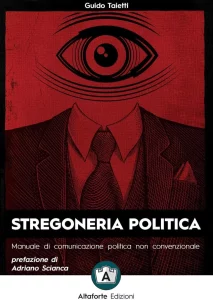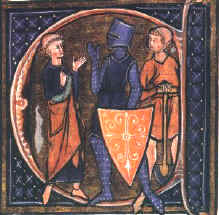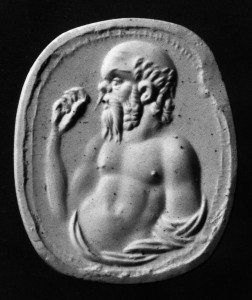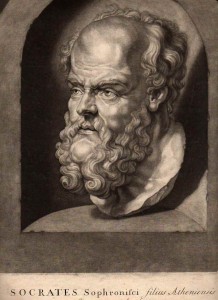
1,949 words
All the world’s a stage. — William Shakespeare, As You Like It
This is not journalism, it’s performance art. — FOX News contributor Kat Timpf on pre-approved questions at a Biden press conference
In the old days of print journalism, the importance of a story was not measured in retweets, trending, uploads, shares, likes, or views, but rather in “column inches.” This is self-explanatory, but is also indicative of the fact that journalistic coverage in the print era was a zero-sum game. That is, the more column inches are devoted to story A, the fewer there are available for story B. (more…)












